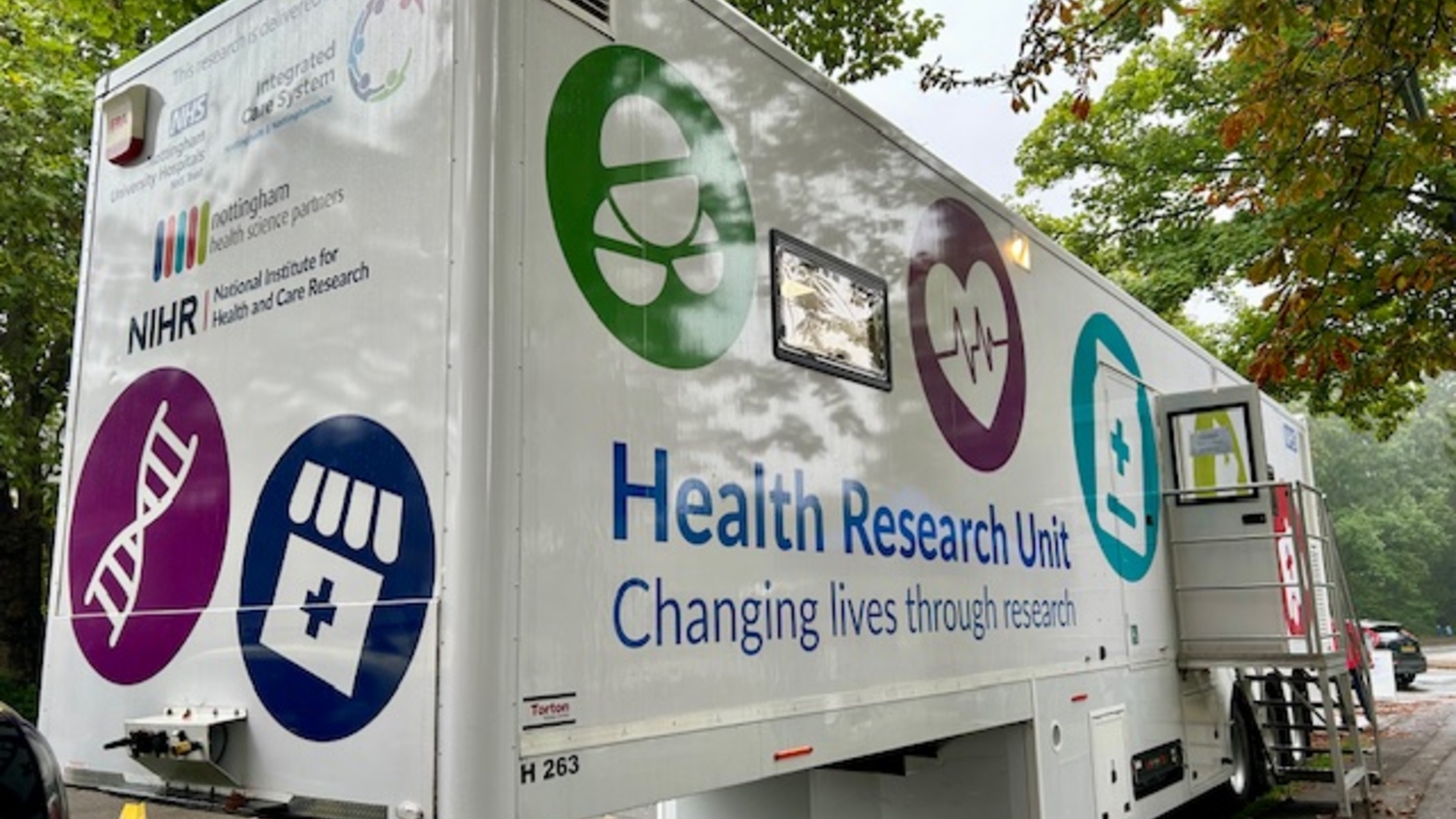My journey into Psoriasis research
- 26 September 2022
- 5 min read
Research can be life-changing for many people. Here Carol Farrow speaks about having lived her whole life with the skin condition Psoriasis, and found a treatment thanks to research at University Hospitals Sussex NHS Foundation Trust.
Carol from West Sussex has suffered with Psoriasis for most of her life. After almost 50 years of failed treatments, pain and discomfort, she joined the BSTOP trial and finally found a treatment that worked. Here she tells us her story.
When I was 15 I developed a scaly rash, which gradually spread across my body. It was very distressing. The condition was eventually diagnosed as Psoriasis.
None of my family had ever seen anything like it. It gradually got worse and eventually I was sent to Hillingdon Hospital in Middlesex for ultra violet treatment. The treatment helped, and the Psoriasis lessened for a while but never cleared up entirely.
Eventually it all came back. It covered my head, body, elbows, knees and even the soles of my feet (try walking when your feet were covered in cream and wrapped in polythene bags!).
It got so bad that I was referred to the West Middlesex Hospital Skin Ward for treatment, where I stayed for seven weeks.
Those weeks, in the blistering heat of summer 1966, were not happy. I had daily tar baths and was lathered in coal tar ointment every day. My hair was cut very short, covered in cream and wrapped in plastic to prevent any air getting in. l found it very difficult to cope with. It did improve my Psoriasis, but it did not go away completely.
As a young woman, I wanted to fit in. I didn't want people staring at me, or even worrying about me. I did what I could to hide my condition, and I was most concerned that people would think I had terrible dandruff, which I found very embarrassing. My husband was very understanding, and supported me then, as he does now.
He would rub coal tar cream into my scalp before bed, and in the morning he would scrape the scales off with a metal comb. It was very painful, and often led to the skin on my scalp opening up and bleeding. But it stopped the scaly flakes going over my clothes.
In 1970 I decided to bleach my hair and although it was painful at the time of application, I found to my surprise that my Psoriasis improved for a few weeks after I did it. I repeated this process every six weeks for a number of years. I even told my doctor about the effects of bleaching. He said he would let his other patients know, but reminded me that bleached hair might suit me, but it wasn't necessarily something that would look good on everyone!
Trying alternative treatments
We moved to West Sussex in 1984 and I tried a number of other treatments, desperate to find something that would really work.
I went to a Chinese herbalist, who gave me what looked like a bird's nest in a bag. He told me to boil up the contents, and spray the liquid over my body, without using any form of soap when showering. Needless to say, my Psoriasis got worse - so much so that I had to take steroids to calm it down.
Another time I tried Acupuncture, which did actually start to work, but the condition returned before the course of treatment was completed. Then I tried a homoeopathic remedy which made my Psoriasis progressively worse, and soon had to go back to the doctor for more steroids.
Around this time I was taking weekly aqua-aerobics classes in my local swimming pool. But I had to stop because my skin was so red, it was embarrassing. It made me decide to take my treatment more seriously.
I am fortunate to have had the same consultant dermatologist - Peter Coburn at University Hospitals Sussex NHS Foundation Trust - since 1988. After a course of ultra-violet treatment, failed to help, Mr Coburn started me on a course of Methotrexate.
Methotrexate is an immunosuppressant drug, which I took as a tablet once a week. The results were brilliant, and I kept this treatment up for a number of years. But eventually the effects of the drug started to wear off, and the Psoriasis returned.
I then went on to try a number of other similar treatments, such as Cyclosporine, Humira and Enbrel but none of them suited me. But then, in April 2016 my whole journey çhanged.
Taking part in research
After my positive experiences with Methotrexate I was very keen to find another treatment that would give me similarly good results over a long period of time.
On the advice of Mr Coburn I joined a clinical trial being run at University Hospitals Sussex NHS Foundation Trust. The trial was called Biomarkers of Systemic Treatment Outcomes in Psoriasis - BSTOP.
I soon began to take another medication, called Stelara. You take Stelara by injecting it under your skin, which you have to do every three months. My husband has diabetes, so I am familiar with injections, and for the first dose, a nurse came to my house and showed me how best to do it.
After that first time, I was able to do it myself, and I have been managing my own medication for almost six years now. The treatment is sent to my house, in a ready-filled injector pen.
After the second dose, the results were obvious. I am very pleased to say that my Psoriasis has entirely cleared up. I go for a check-up every six months, and I always try to help out with research however I can.
As well as BSTOP, I also contribute to the British Association of Dermatologists Biologic and Immunomodulators Register (BADBIR). Stelara is what's known as a biologic medication. Biologic medicines are the ones that are designed to mimic chemicals naturally found in the human body (insulin as a treatment for diabetes in a famous example of a biologic medication).
BADBIR is an observational study, set up to monitor the health of people taking biologic medication for Psoriasis.
It is nice to know that, while you are taking medication for a specific condition like mine, that I am being monitored for possible side-effects or adverse reactions.
More importantly for me though, is the feeling that by contributing to research studies like BSTOP and BADBIR, people in the future won't have to suffer the same painful and embarrassing experiences that I had when I was younger.


